4, January 2024
Biya’s 41-years rule: Medical doctors are now saying that HIV is like malaria 0
The Biya Francophone Beti Ewondo regime in Yaoundé is in its 41-year plus in power amid a sea of broken political, economic and social promises.
Biya was ushered in with grandiose promises of economic prosperity and stability for the United Republic of Cameroon. However, after 41 years, it has become painfully evident that the so-called University of Sorbonne graduate remains a prominent and successful failure and his rigour and moralization policies have also been unfulfilled and has left Cameroon a divided nation with an economy that is in a state of continuous deterioration.
In his New Year address to the nation, Biya and his gang simply plagiarized his past speeches and the 2024 presentation to the people of Cameroon was an empty economic promise unveiled by a 91-year-old grand dad who should be in a care home in Mvomeka’a.
For 41 years, the Francophone dictator and his Francophone dominated regime have presented an array of promises spanning domestic and international matters, raising hopes for a brighter economic future in both French and English speaking Cameroon. Unfortunately, the passage of time has revealed these promises to be empty and baseless, perpetuating a shameful, disgusting and disheartening trend within the Biya administration. The Biya regime politics is all about money, women and sex including sponsoring irresponsible children in funny academic institutions abroad.
Nothing good can be attributed to Mr. Biya and his government. Immediately after Joseph Dion Ngute was appointed Prime Minister and Head of Government, Yaoundé told the world that the new Dion Ngute administration would bring down inflation. It was the same story with all the numerous Southern Cameroons prime ministers: Peter Mafany Musonge, Inoni Ephraim, and Philemon Yang. However, the harsh reality is that inflation is skyrocketing and escalating and Cameroonians are dying like flies.
Low-income households in both French and English speaking Cameroon have borne the brunt of Biya’s 41 years of economic failures, with housing rents and essential food items experiencing the most significant price hikes.
We of the Cameroon Intelligence Report and the Cameroon Concord News are of the opinion that the most important outcome of the 41-year rule of the Biya administration has been the collapse of the Cameroonian society with medical doctors now telling us that HIV is like malaria.
The French have been helping the Yaoundé regime to manage its budget deficit by printing money and borrowing from French financial establishments. The Biya government and by extrapolation-the Cameroonian people after 41-years actually owe the French thousands of billions of dollars.
For 41-years, Cameroonians have gone through everything name them: escalating prices, devaluation of the FCFA, Lake Nyos, Eseka train disaster, poverty, disease, genocides, Nsam fire disaster, diminishing incomes, rapes, political assassinations, rigged elections and by some strange happenstance, none of these ills fueled public discontent against Biya in French Cameroun.
For 41-years, Biya has continuously appointed his Beti-Bulu kinsmen who lack qualifications and experience to key positions. This questionable decision-making has undeniably contributed to the worsening economic situation in both French and English speaking Cameroon and has encouraged many who had hoped for competent leadership to leave the country. This begs the question: For how long are we going to continue watching these Francophone criminals destroy our future generation?
The stark reality is that all of the political, economic and social promises made when Biya took office on November 6, 1982 remain unfulfilled. Addressing these challenges will require not only a new and effective leadership but also a commitment to transparency, accountability, and competent governance.
By Soter Tarh Agbaw-Ebai
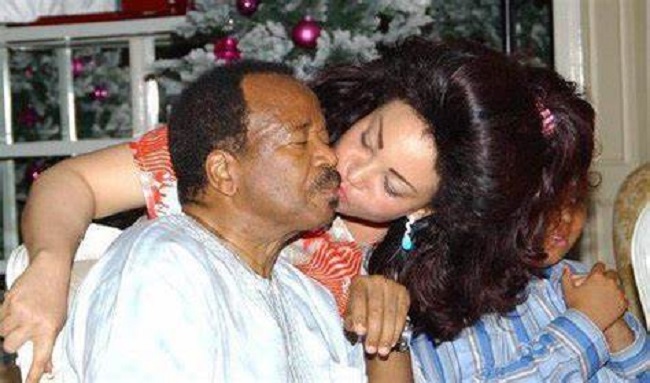



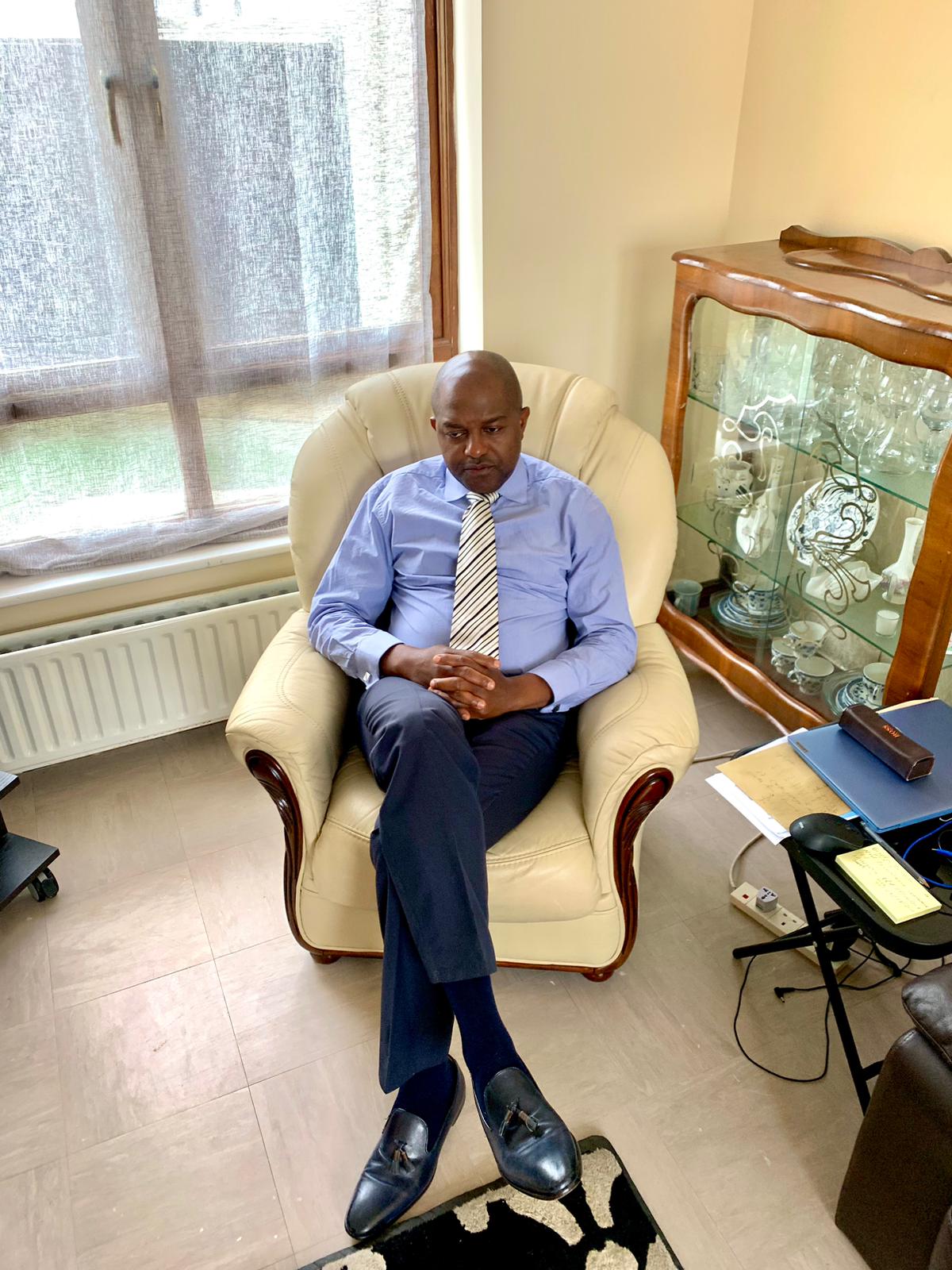
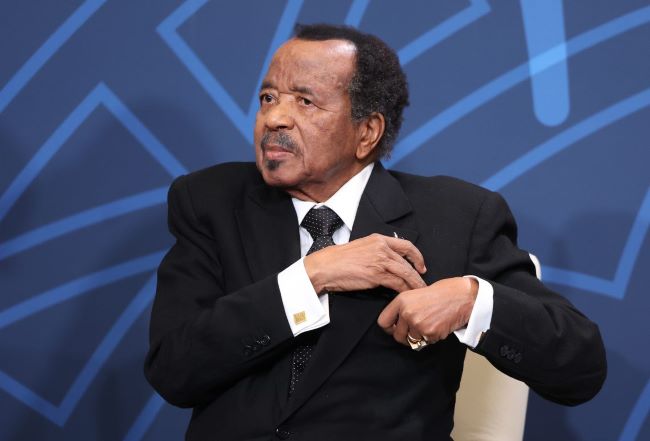
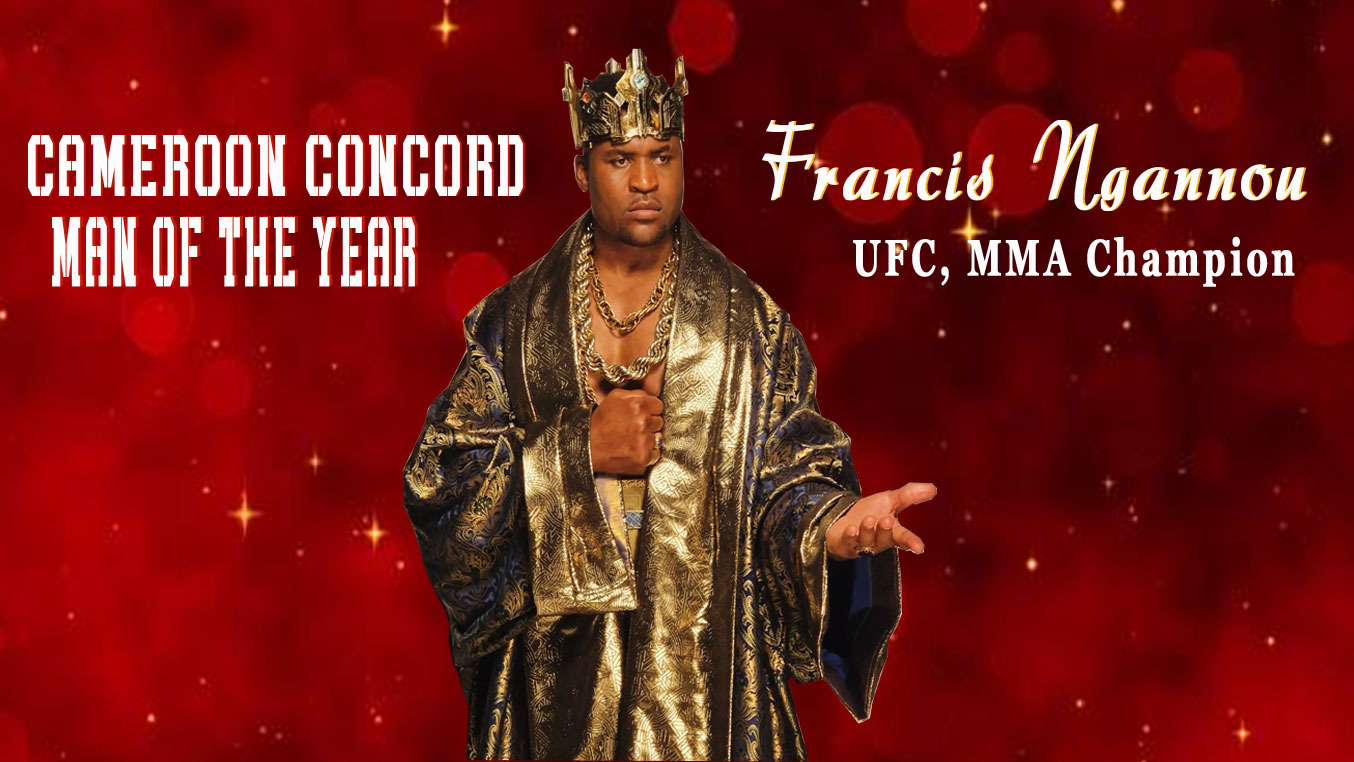
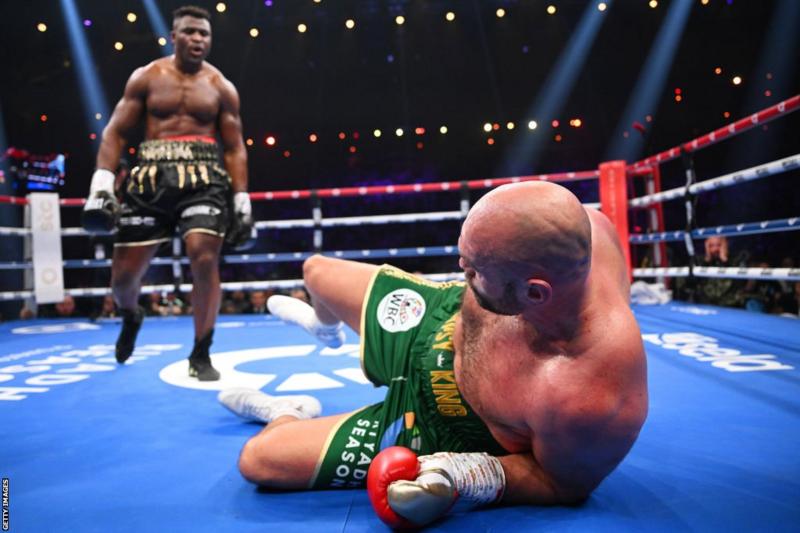
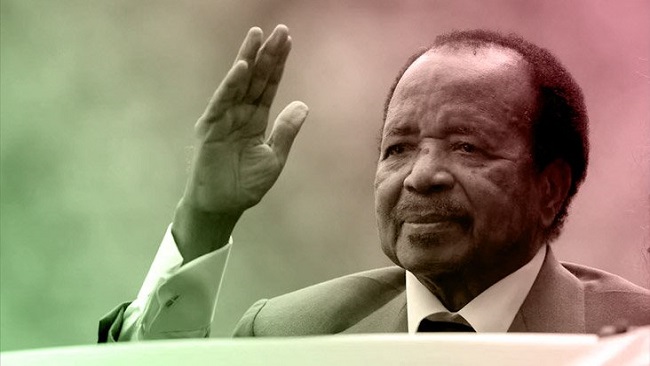











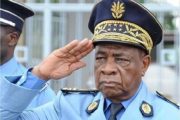


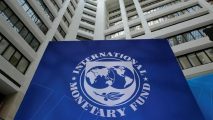


19, January 2024
Biya’s Oppressive Reign: A call for liberation by the Cameroonian people 0
Yaoundé, the nation’s capital is currently hosting a 91-year-old figurehead known as the “head of state,” Paul Biya. Biya commands a reputation of unrelenting tyranny, orchestrating several internal suppressions and also fostering instability throughout Southern Cameroons. His regime’s genocidal campaign in Southern Cameroons has sown discord and has earned Biya global recognition as a heartless dictator.
Cameroon is reeling under a ruthless crackdown on dissent, political assassinations are reinforcing the image of a despotic ruler and allegations of the regime’s secret service killing of journalists is underscoring Biya’s oppressive tactics, painting him as an adversary to the Cameroonian people.
The Biya Francophone inhumane acts including his recent appointment of the late Professor Joseph Owona’s son as rector of the University of Yaoundé are perceived as strategies to maintain power for his ruling Beti-Bulu tribes while plunging the nation into a dark and shameful era. Despite this oppressive climate, various segments of the Cameroonian society including the Holy Roman Catholic Church persist in their pursuit of freedom and justice. Their resistance, though challenged, serves as a testament to their unwavering commitment to a fairer society.
Several damning reports by Human Rights Watch and Amnesty International offers a chilling glimpse into Biya’s brutal tactics, particularly in targeting and torturing Southern Cameroons detainees. These revelations highlight the depth of the Yaoundé regime’s atrocities and demand urgent international attention and accountability for these gross human rights violations.
Revelations about staggering corruption, exemplified by the looting of billions of CFA Franc by top military barons, shed light on the pervasive corruption entrenched within the government. This corruption, compounded by repression, crime, and ongoing looting, reflects the dire need for a regime change in Yaoundé and immediate introduction of democratic and rights-based governance.
Liberation can only come through a shift to a new United Republic of Cameroon—one that respects human rights and democratic principles. The only plausible solution appears to be the overthrow of this Biya regime, get Cameroonians out of darkness and misery, and usher in an era of freedom and progress.
The oppressive grip of the Biya Franceophone Beti Bulu regime has cast a shadow over Cameroon, perpetuating a narrative of tyranny, corruption, and human rights abuses. Despite the regime’s iron-fisted tactics, the resilience and unwavering commitment of segments of Cameroonian society to justice and freedom stand as a beacon of hope in the face of adversity.
The recent journalist Martinez Zogo affair underscores the urgent need for systemic change—one free from the shackles of oppression and corruption.
The journey toward liberation may be arduous, but the determination of the Cameroonian populace to strive for a just and free society remains unyielding. The world’s attention must remain focused on the plight of both French and English speaking Cameroonians and their quest for fundamental rights, ensuring that their voices resonate on the global stage and demanding accountability for the egregious violations committed under Biya’s rule.
By Isong Asu
Cameroon Concord News Group
London Bureau Chief